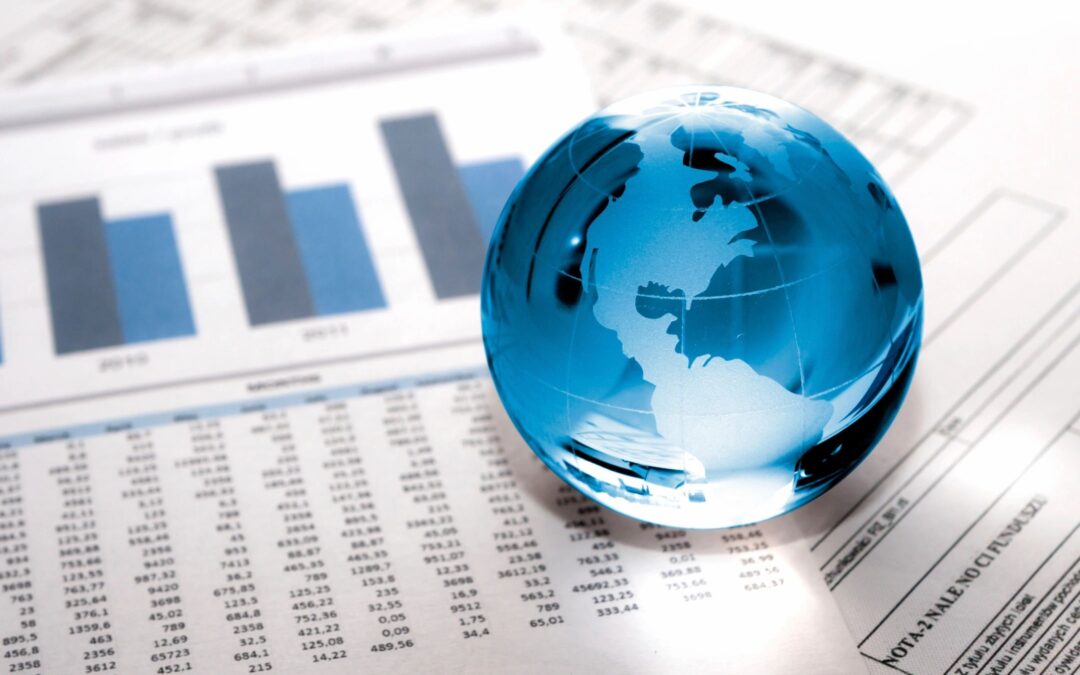
Stimulus and Silliness
The world economy is struggling. During the worst of this pandemic, the world’s developed economies provided an enormous fiscal stimulus on a scale not seen since the second world war. Now, the US is proposing to more than double its already generous fiscal...Stimulus and Silliness
The world economy is struggling. During the worst of this pandemic, the world’s developed economies provided an enormous fiscal stimulus on a scale not seen since the second world war. Now, the US is proposing to more than double its already generous fiscal...Understanding Risk
[iframe style=”border:none” src=”//html5-player.libsyn.com/embed/episode/id/19067540/height/100/width//thumbnail/yes/render-playlist/no/theme/custom/tdest_id/2730845/custom-color/3a8da9″ height=”100″ width=”100%”...
Understanding Risk
Risk is the permanent loss of capital. It is not volatility, nor is it uncertainty. It is the realization of a loss. Therefore, risk is only clear with hindsight. Understanding how risk works avoids the mistakes that cause the permanent loss of capital. Check out this...
Inequality and Wealth Creation
Inequality is not a problem worth solving. If everyone does better but a few people do much better, inequality increases, yet this is a desirable outcome. Creating opportunity for the most people is what matters. Check out this episode!Inequality and Wealth Creation
Inequality is not a problem worth solving. If everyone does better but a few people do much better, inequality increases, yet this is a desirable outcome. Creating opportunity for the most people is what matters. Check out this episode!
Digital Central Banks
Initiative, savvy, luck, circumstance, and convolution have taken over currencies – or at least digital creations purported to be currencies (but in reality don’t, and never will, quite fit the bill). Those entities that create and support real currencies are taking notice. In other words, welcome to government in action. Here come central bank digital coins
Luck rather than leadership, circumstance rather than foresight or political skill, seem to have been more helpful in triggering these developments. Digital coins (while loosely described as “currency” are more like a digital asset easily transferred and accounted for in a digital ledger) represent a handful of rather clever people taking on central government’s mighty bureaucrats. Armed with simplicity, clarity, and algorithms, they are defeating all administrations’ fondness for complexity, confusion, and rules.
In general, bureaucrats are masters of the art of convolution. Essentially, governments work overtime to create farce in the spirit of precision. An example of bureaucratic absurdity can be found in France (admittedly, a country that has taken bureaucracy to an art form – perhaps more so than art itself). When the government started a new lockdown because of the pandemic, they devised a two-page permission form to leave home, with 15 different justifications, before, thankfully, shelving it in the face of ridicule. The French can buy alcohol, for instance, but not underwear. These rules were simply to be able to walk out the front door, and the government imagined that this kind of detailed process was somehow useful, and not the bewildering reality it represented.
Now imagine these “developed” governments (of whom France is probably not the worst offender) trying to deal with a global currency, currency exchanges, and the transfer of funds internationally. We don’t have to look too far to find the convoluted rules behind Bretton Woods, the WTO, and other international absurdities to recognize that this problem is not easily solved, or even understood. Bureaucrats are generally better at devising rules, charging fees, and collecting taxes and information than making anything that is useful or even comprehensible.

Inequality and Wealth Creation
Inequality is not an appropriate measure of economic performance or wealth creation.
Inequality is a relative and comparative statistic. It shows how wealth is distributed, which is not that meaningful, and certainly should not be the basis of economic policy. Essentially, inequality is a comparative metric and not an absolute one. That is, if everyone does better but a few people do much better, inequality increases, and this is seen as something bad even though everyone is better off. It is used to create misleading policies that focus on redistributing wealth that is created versus policy that should be focused on enabling greater and more distributed wealth creation – not wealth capture. Policy should focus on how to best create wealth for more people. The absolute degree of wealth creation is beside the point relative to other people. Creating opportunity for the most people is what matters.
As an example, overall wealth has increased over the last 30 years for every population group, but for the highest group, it has increased more substantially. But, why is that a problem? Instead, it is a natural and unavoidable outcome of the free market.
Here’s the analogy: if you want to hold a lottery, the prize has to be disproportionately large to have the most participants to raise the most capital. The simple goal is that net outflows (prizes) are smaller than the net inflows (contributions or purchased tickets). This is very similar to business opportunities and wealth creation.
As an economy, we want as many contributors to wealth creation – entrepreneurs and new businesses driving economic growth – as possible. The only way to do this is to enable market participants to have the greatest possible reward without restrictions. Most businesses will fail (much like most lottery tickets lose). But, because we have increased the number of willing participants, we also increase the opportunity to create the most wealth – the most businesses, jobs, and economic growth, as well as increasing the tax base from both businesses and individuals. So wealth creation, even if it is concentrated mostly in a handful of people, benefits the overall economy and society much more effectively than any attempt to limit that upside or redistribute it through politically popular but inefficient and demotivating policy.
